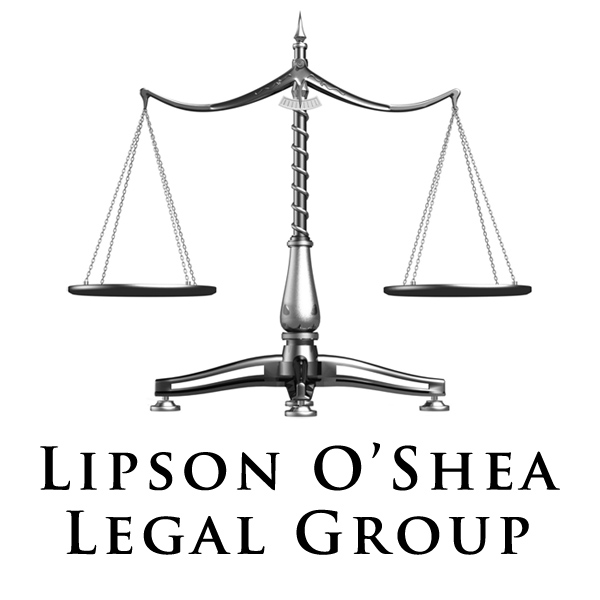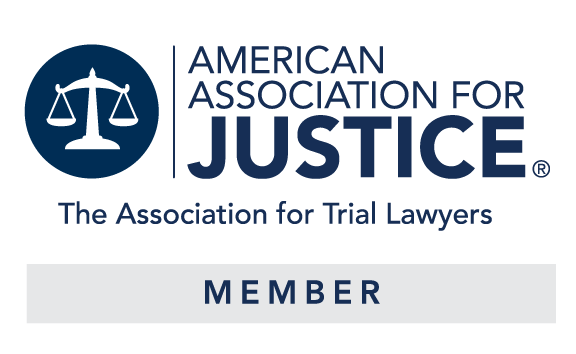We think that "subrogation" is such an important concept in the personal injury field, that we have decided to re-publish our original post on this subject, and then give you some more information on the concept.
First, our original post is reprinted below:
When a person receives medical services as a result of an accident, the medical providers and/or the medical bill payors (e.g. medical insurance companies, Medicaid, Medicare, or Worker’s Compensation) almost always have what the law calls a “subrogation” claim on any monies that the injured person may end up collecting from the negligent party. In short, if the injured party gets compensated for the injury, the subrogation concept is that they essentially must pay these entities back for the medical bills or medical bills payments made by these entities. This subrogation area of personal injury law gets more complicated each day, with state statutes and federal statutes and medical insurance contracts getting more involved. Plaintiffs (and their lawyers) must be very careful to protect the subrogation interests of these entities – or they themselves can get sued in connection with the personal injury claim. It is very important for the client and the lawyer to identify and monitor the subrogation issues in the claim so there are no surprises when or after the client finally receives compensation.
Second, some more things to think about.
Medicare laws now in effect on the issue of subrogation have gotten even more complicated. Now, if you are injured in an accident, and you are getting ready to settle that accident, you and your medical providers have to use your best guess as to what medical bills you will, in the future, incur - and do your best to put aside settlement money to cover those costs. If you don't, Medicare can essentially sue both you and your lawyer for not doing so. So, before you settle any personal injury case where some or all of your medical bills have been paid by Medicare, be very careful to stay in full dialogue with the proper officials at Medicare about what they and your (and your lawyer) can agree will be the FUTURE medical costs likely to be paid by Medicare.
Further, some private health insurance companies actually hire professional subrogation companies to monitor the subrogation issues associated with a person's injury, and these subrogation companies will track you and your lawyer down to make sure that the health insurance company gets as much of its money back as it can. Most health insurance contracts that cover the relationship between a patient and the health insurance company require the patient to fully notify and cooperate with these professional subrogation companies. Again, like Medicare, if you or your lawyer ignore these subrogation issues, the professional subrogation companies can sue you to get the money the health insurance company was contractually entitled to.
Further still, subrogation law allows public health insurance companies like Medicaid and Medicare (and even some private health insurance companies) to actually have a direct claim against a defendant for the medical bills already paid by them. So, some defendants (and their lawyers) in personal injury claims will insist that they place both the client's and the health insurance/public insurance company's name on the check when a case is settled in order to assure themselves that they can't later be sued by the public or private health insurance provider.
Complicated enough for ya? We live this these issues every day.



